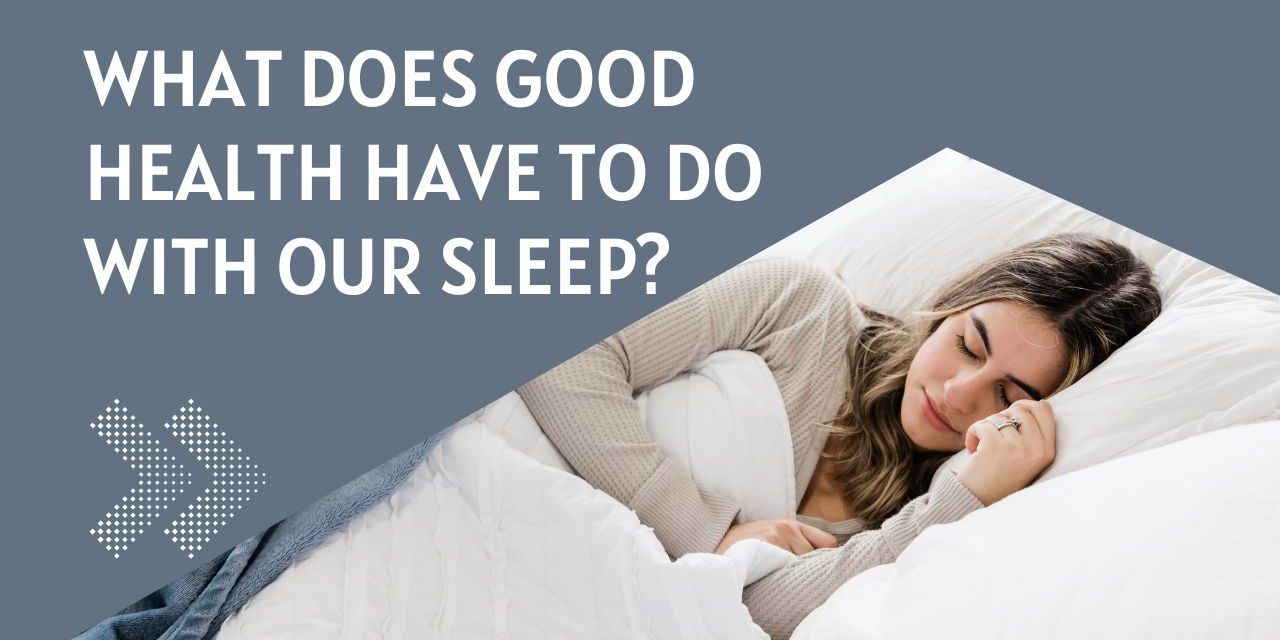Asking patients how many hours they sleep is just as important as asking them about their blood pressure, diet and other health-related questions, the American Heart Association says in 2022.
However, many people have difficulty falling asleep, many people work through the night and sleep during the day.
According to the report of the foreign news agency Reuters, neuroscientists believe that the time of our sleep is as important as the duration of sleep.
When our sleep routine doesn’t match our biological cycle, initially we feel more hungry, and blood sugar and blood pressure rise.
It is not harmful to the body in the short term but if this routine continues for many months and years, it can lead to daily weight gain including diseases like mental illness, diabetes, and heart disease.
A 2020 study by the International Agency for Research on Cancer found that an estimated one in five people worldwide work at night.
“All creatures need sleep”
Scientists say that animals and plants also need sleep, but their duration varies widely.
A Boston University sleep study of 133 animals found that kangaroos sleep less than two hours in 24 hours, while armadillos and bats sleep about 20 hours.
Some animals, including dolphins and whales, sleep half of their brain at a time so they can be constantly alert.
What happens when we sleep?
As a human beings, the brain and body go through different stages, each stage having a specific pattern of brain waves in which neurons fire together in unison, just like a crowd singing together or singing. drumming together.
It is most rapid during rapid eye movement (REM) when we are most likely to dream and this is when our breathing, heart rate and blood pressure begin to increase.
At some point our eyeballs stop moving, dreams disappear and brain waves slow down to one beat per second, which is when we go into deep sleep, this unconscious state called ‘ It is called sloppy or slow wave sleep.
According to the report of the British Broadcasting Corporation BBC, researches carried out since the 1980s has proven that sleep is necessary for the recovery of the brain.
At the same time, the brain transfers short-term memories to long-term storage so that we don’t forget what we’ve learned.
What can be the reason for not sleeping?
According to the American Academy of Sleep Medicine, between 50 and 7 million adults in the United States alone do not get enough sleep regularly.
This could be for many reasons, including:
Difficulty breathing
With an estimated one billion people worldwide suffering from respiratory disease, sleeping sickness is a fatal disorder that can cause difficulty breathing and brain dysfunction.
Insomnia means lack of sleep
According to the American Psychiatric Association, about 1 in 3 American adults have trouble falling asleep or waking up too early and not getting back to sleep. Worldwide, the rate of insomnia has increased from 10% to 60%.
Excessive sleep
A condition in which people sleep too much, for example having startling sleep attacks while driving, is extremely dangerous and is called hypersomnia. According to the American Psychiatric Association, sleeping more than 9 hours a night can cause health problems.
Talking, walking or expressing emotions in sleep
Humans often talk during sleep, but some people also walk or express emotions in their sleep. In biological terms, this is called parasomnia.
What if we don’t get enough sleep?
The importance of sleep can be estimated from decades of research, according to the American National Sleep Foundation, people aged 18 to 64 get 7 to 9 hours a night, and people over 64 get 7 to 24 hours a night. Should sleep for 8 hours.
Some tips for good sleep
Research has shown that good sleep can contribute to better health.
For good sleep, you must set a time to go to bed and darken the room before going to bed so that you can sleep comfortably, light falling into the eyes can cause sleep disturbances.
Also, your diet is closely related to sleep, try to eat healthy foods and avoid caffeine.










